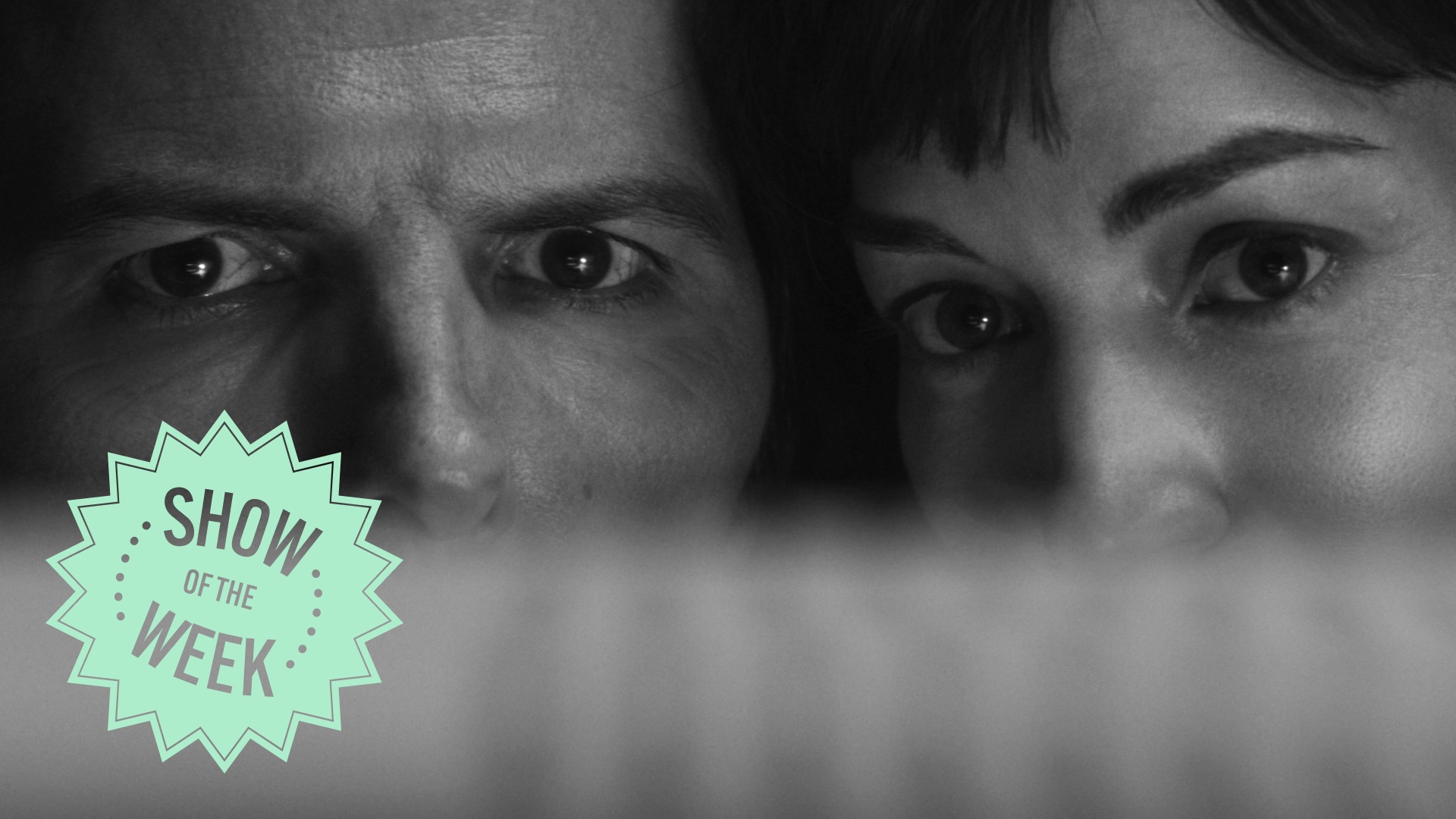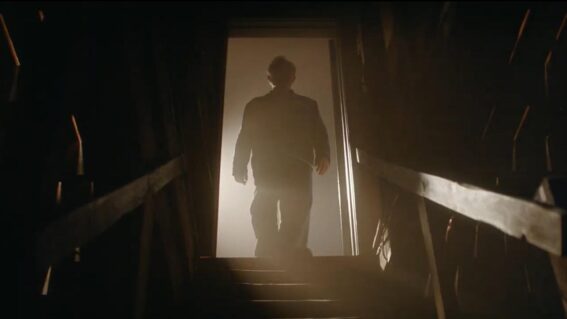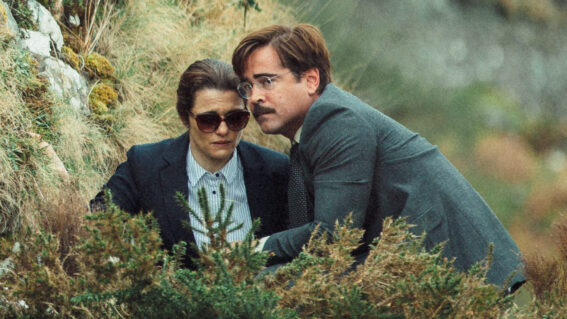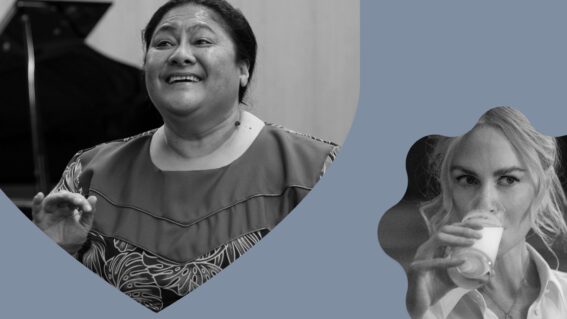Severance’s existential prodding made season two richer and, quite frankly, more loveable

Clarisse Loughrey’s Show of the Week column spotlights a new show to watch or skip. This week: Severance wraps up its second season.
In the 80s, Richard C. Schwartz developed a psychoanalytical model termed the Internal Family Systems Model, created in response to what he perceived was a distinct set of subpersonalities in his patients, created through experience and trauma, each with their own outlook and intent. Certain parts, called exiles, carry the pain on behalf of the self, and try to shield it from its sharp edges; other parts seek out to manage that pain, to dictate how the self should operate in the world.
In Schwartz’s work, there are no “bad” parts, only discordant ones. All of them emerge out of the desire to make the world a more bearable place to be. And the point of therapy is not eliminate a single one – but to speak to them, listen to them, and embrace them as one harmonious family. That’s when the real healing can begin.
I’ve thought a lot about Internal Family Systems during Severance’s second season, especially as it’s gradually morphed into a battle between the “innies” and “outies”, not only within the show but out here, online. Are you team “innie” or team “outie”? That’s the question, right? The finale ended on a sort of love quadrangle: “outie” Mark (Adam Scott) enlisted “innie” Mark” to free his wife Gemma (Dichen Lachman) from Lumon’s clutches, only for “innie” Mark to leave Gemma behind, without her husband, in order to flee with the “innie” woman he’s grown to love, Helly R. (Britt Lower).

But, at its core, “innies” and “outies” are really the same person, only the “innie” exists without life experience. Mark, by creating his “innie”, sectioned off a part of his personality that could exist without the trauma of losing his wife—essentially, he made his “outie” self his own exile. But how much of Mark is shaped by that pain? If “innie” Mark grew to know Gemma, would he love her? Or if “outie” Mark grew to know Helly R., would he love her? Is the point here to root for “innie” or “outie”, or to hope that all of them can heal as one? Could the ideal solution actually be found in polyamory?
How absolute is love, anyway? If we believe in soulmates, was that person destined to be ours from the start? Or were they born out of experience? What did it mean that Dylan (Zach Cherry) fell for his “outie”’s wife and that she fell for him, too, specifically because he reminded her of the man she used to love, before cynicism and routine settled in? Do Irving (John Turturro) and Burt (Christopher Walken) have a shot outside of Lumon’s walls? Or were their “innies” the only ones that truly connected? What part of love is pain and what part of it is innocence?
I wonder how much season three will be able to answer in that department. Dan Erickson’s creation works beautifully as a metaphor for capitalism’s ability to destroy individual identity. But now that Severance has started to prod at these more existential questions about the self—well, it’s only made the show richer and, quite frankly, more loveable. We know now that Lumon’s ultimate aim is to eliminate all pain, physical and psychological. But, as this season has questioned, where would that even leave us? Who would we be?
















